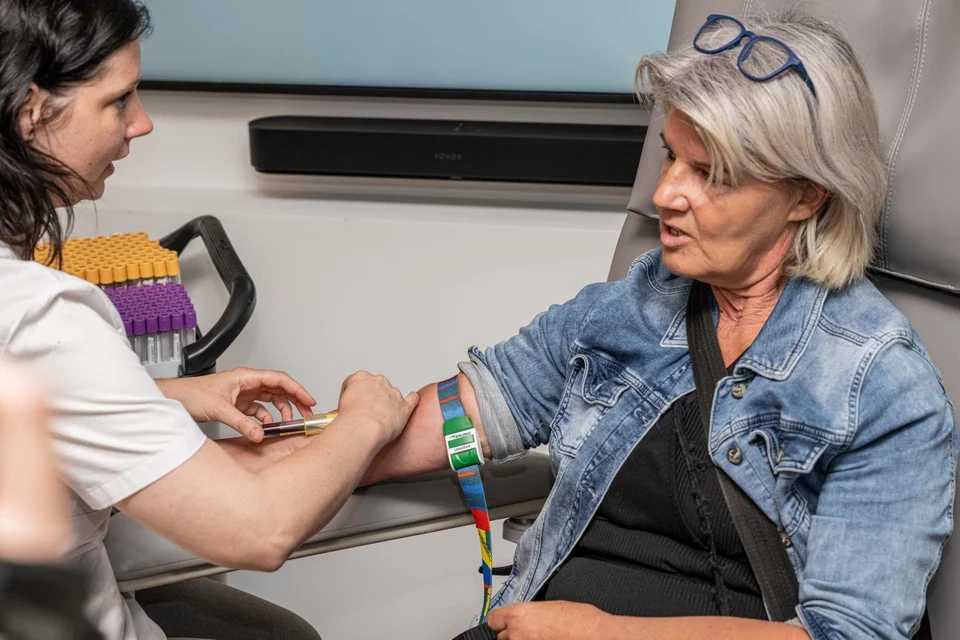Women are disadvantaged in the medical world in more than one way, from a lack of data on the female body to gender disparity in medical research. One Flemish party is proposing to change this mentality.
The "Women & Society" movement, affiliated with the Flemish Christian democratic party (CD&V), is calling for more attention to the disadvantageous position women find themselves in today when it comes to healthcare.
"More than three-quarters of healthcare users with unexplained health complaints are women. This is because the male body has been seen as standard in the medical and pharmaceutical world for too long," the organisation said in a statement.
It stressed that this has resulted in too little research being done specifically on the female body in all its diversity, and on how their bodies respond to certain medications differently than male bodies because the test groups are mostly male. "This results in serious complaints going unseen and women continuing to suffer unnecessary side effects."
This is also the reason why there is still too little knowledge about women-specific conditions, such as endometriosis – which affects one in 10 women but is still extremely difficult to diagnose – or menopause.
Different chances in life
While awareness of the need for a distinction between men and women has grown of the need for more specific studies when it comes to some drugs, such as cholesterol- or blood pressure-lowering medication, this is still rarely adopted in practice.
According to the group, ignorance about the female body "threatens lives and stands in the way of good quality care," as it means women do not have the same chances.
It has therefore called for the creation of a hotline where women with unexplained health complaints can go to seek help, which has already been launched in the Netherlands, a gender aspect in the various health training programmes as well as a parity rule for new medical and pharmaceutical research and more gender data in relation to doctors' prescribing behaviour.
Finally, it urged that more in-depth research on women-specific disorders is needed to ensure there are more ways to diagnose and treat them.

